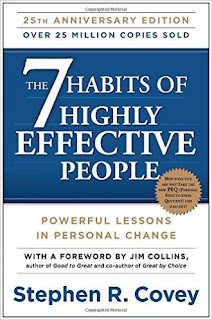Should I be an Entrepreneur?

I have a Question Can you identify the difference between these two bikes? Bike 1: Bike 2: Both are the same size. Both have the same wheels. But one is way more efficient and faster than the other. THE DIFFERENCE? The first has a single gear: The second has multiple gears: Result? The first bike’s speed is limited to the rider’s ability to pedal the bike. (Zero Leverage) The second bike’s speed is able to multiply the rider’s ability to pedal and will produce amazing results. (Huge Leverage) So, to answer your question, should you be an entrepreneur? If you would like to increase your benefits/work ratio, you should consider entrepreneurship. Entrepreneurs are able to leverage their work hours in unlimited ways. Here’s the key difference: Employees usually work under the paycheck formula: Skill x Time = Paycheck. The ONLY way to increase results is by increasing the value of their skill, or sell more time. (First bike example with zer...





